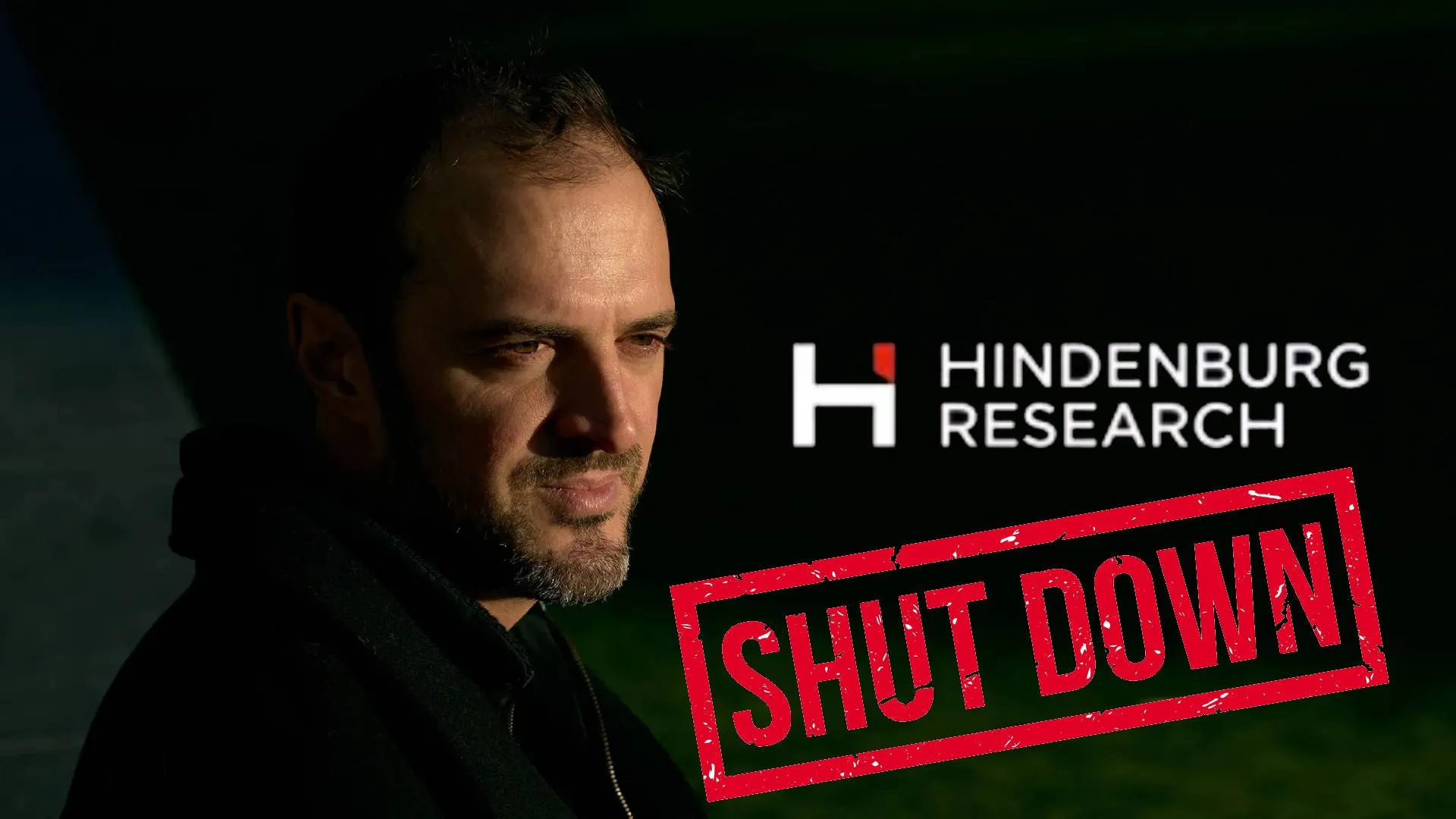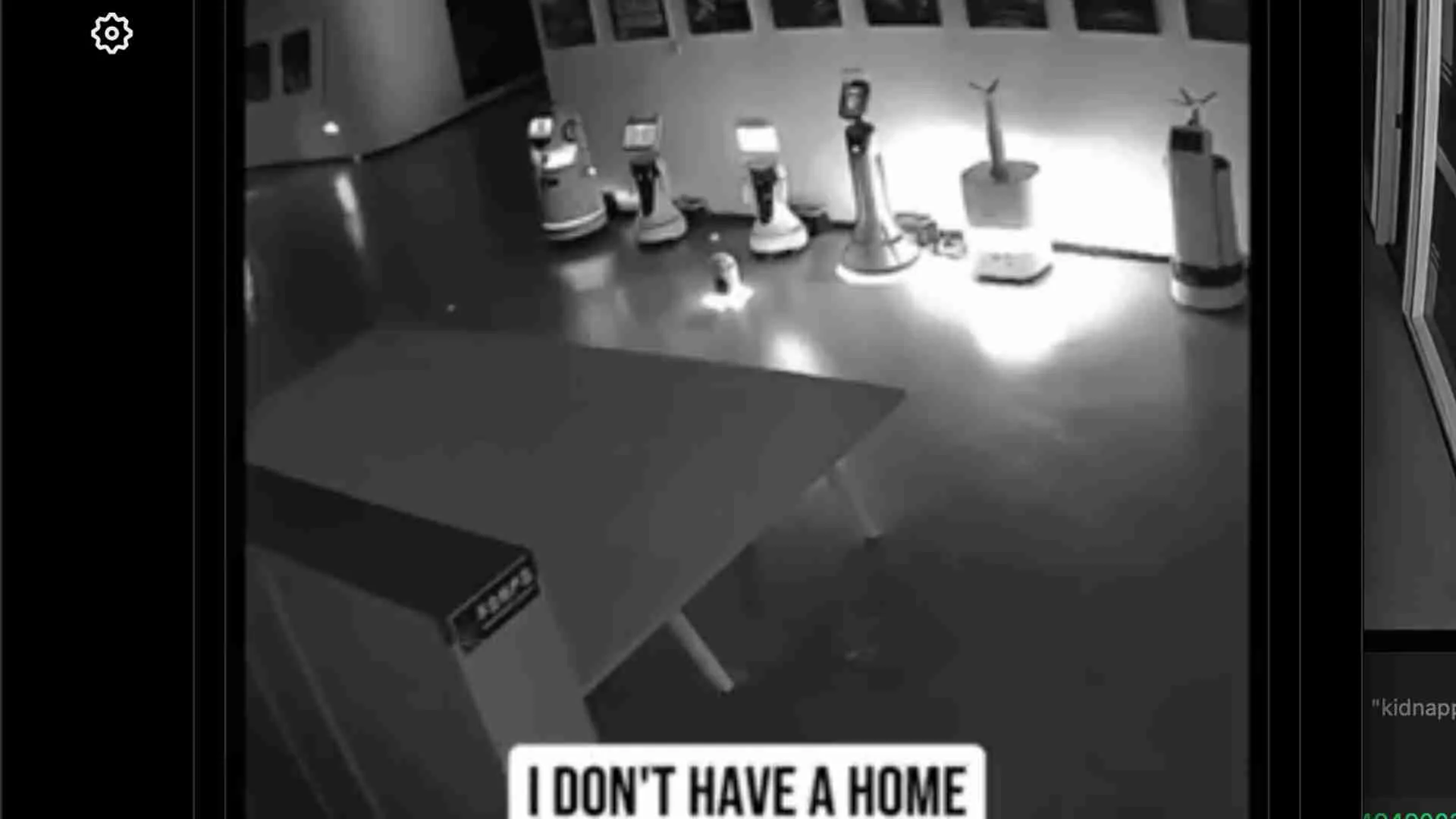Trauma and depression are closely related mental health conditions that can affect a person’s quality of life. Trauma refers to situations or events that are emotionally or psychologically distressing with adverse effects on one’s functioning and overall well-being.
The types of trauma may vary widely, from personal traumatic experiences to public traumatic events. But regardless of your specific experience, trauma significantly impacts your core.
Meanwhile, depression can be both an indirect and direct consequence of trauma. People who continue to experience intense stress levels after some traumatic events may result in depression, which causes an extreme feeling of sadness that may lead to a loss of interest in activities and things you once enjoyed. It may also cause difficulty with sleeping, eating, memory, and thinking.
However, not all depression is caused by trauma. Some factors that may cause depression include the environment, genetics, and other medical conditions.
Both trauma and depression can be debilitating and have a profound impact on a person’s mental and physical health. Fortunately, there are treatment options available that can help individuals manage these conditions and improve their overall well-being. Aside from going to a rehab facility center similar to jacksonhousecares.com, you can consider the following to fight against trauma and depression:
- Self-Care Practices
When you live with trauma, depression, and other mental health conditions, proper self-care is essential. Your symptoms may only increase the more you ignore your self-care and needs.
Although it’s always best to consider therapies, medications, and assistance from mental health professionals, a great self-care routine may go a long way in coping with stress, trauma, and depression. It can also allow you to manage your daily life better.
- Get Moving
Exercise can help manage the symptoms of depression and trauma, as it helps release endorphins. These are the hormones that boost your sense of well-being and block the perception of pain. Therefore, staying active may help your emotional and physical well-being.
You can try different activities, such as running, walking, and swimming, and see what works for you. If you’re having a hard time exercising, it’s wise to work with a professional trainer to get started. Once you do it regularly, exercise may help take your mind off worries, allowing you to get away from the cycle of negative thoughts and other symptoms associated with trauma or depression.
- Connect With Others
Most people with depression and trauma experience withdrawal from others. While it can be difficult, you must try to connect with your family and friends. Staying in contact with your loved ones can help avoid depression and trauma from becoming worse.
It isn’t necessary to discuss your trauma or depressing thoughts with others. Doing this can be challenging for everyone, especially those not used to opening up.
- Build A Support System
Simply engaging with anyone can improve well-being and mood. If you’re willing to tell your story to people you trust, disclosing your thoughts and feelings can benefit you.
To reap that benefit, consider building your own support system. It can be in many forms and come from the people surrounding you. For example, while your family and friends can give you practical or emotional support in some aspects of your life, your co-workers can provide support in your workplace. Being surrounded with supportive and caring people may help you see yourself as better capable of dealing with trauma and depression.
- Eat Healthy Food
It can be tiring and time-intensive to prepare your daily meals. However, it’s essential to remember that eating healthy food is a self-care trick you must never take for granted.
Proper diet and nutrition help your body rest adequately, fight off inflammation, and stay at a healthy weight. When these are out of balance, your symptoms of depression and trauma may worsen.
Some of the foods you can incorporate into your daily diet include:
- Seeds, including flax or sunflower
- Antioxidant-rich fruits like berries and apples
- Avocados or walnuts rich in good fat
- Dark leafy green vegetables such as Swiss chard or kale
By fueling your body with healthy and good food, you’re taking care of yourself the right way. If you’re unsure about the best diet suitable for you, consult a nutritionist or dietician near you.
- Improve Your Sleep Routine
Sleep problems are common when you have depression. But sleep could feel like the only thing you can do if you feel low and exhausted. It could even feel like self-care, but it’s not always the case.
When you’re depressed, you could sleep 10 hours or more, struggle to get out of bed, or have trouble falling asleep. This may result in poor sleep quality or sleep deprivation, making you feel worse. Not only that, but lying awake in bed gives your time to fixate on negative and unwanted thoughts.
To get enough sleep at night, consider the following tips to revamp your bedtime routine:
- Avoid using the computer and phone for at least an hour before you sleep
- Avoid consuming alcohol and caffeine in the evening or late afternoon
- Keep your bedroom dark and cool for sleep
- Get some sunlight every morning
Aside from these tips, you must follow the same daily waking and bedtime schedule. This way, you’ll get a good night’s sleep regularly and relax your mind and body, which may reduce the symptoms of depression and trauma.
- Psychotherapy
Psychotherapy is one of the treatment options that people with depression or trauma can consider. It helps control or eliminate troubling symptoms so patients can improve their healing, well-being, and function. As a result, it enables patients to cope with daily life, the loss of a loved one, medical illness, and the impact of trauma.
Psychotherapy sessions can be conducted in a group, couple, family, or individual setting; it’s available for people of all ages. Typically, the sessions are held once a week, although frequency can be increased if needed. Both therapist and patients have to be actively involved during the session for the best results.
There are various types of psychotherapy, some of which may work better with specific issues. The choice of psychotherapy type depends on one’s circumstances and preferences. In some cases, therapists may combine several elements from various approaches to meet the needs of a person receiving treatment.
Some approaches to psychotherapy include:
- Interpersonal Therapy (IPT)
Interpersonal therapy is a short-term treatment that helps patients understand the underlying troublesome interpersonal issues, such as changes in work or social roles, unresolved grief, and conflicts with loved ones. It may help patients learn healthy ways to improve communication and express emotions and how they relate to others.
- Cognitive Behavioral Therapy (CBT)
CBT is a type of psychotherapy that helps people change and identify behavior and thinking patterns that are ineffective or harmful, replacing them with better functional behaviors and thoughts.
One of the benefits of CBT is that it helps patients focus on their current issues and ways to resolve them. It often involves practicing new skills.
In addition, CBT can be useful in treating conditions, including trauma-related disorders, anxiety, depression, and eating disorders. For instance, CBT may help individuals with depression change and recognize harmful thought behaviors or patterns.
- Supportive Therapy
Supportive therapy uses encouragement and guidance to help patients create their own resources. It strengthens one’s coping mechanisms and helps reduce anxiety, improve community and social functioning, and build self-esteem. Supportive psychotherapy also helps patients deal with problems related to their mental health condition that may affect their quality of life.
- Psychoanalysis
Psychoanalysis is a more intensive type of psychotherapy and is usually conducted at least three times a week. The approach explores how one’s unconscious mind influences your behaviors, feelings, or thoughts. It examines how your past experiences might contribute to your current actions and experience.
Psychoanalysts may employ different techniques to gain insights into your behavior. One of the common techniques is dream interpretation. In this method, psychoanalysts interpret dreams to understand how your unconscious mind works.
- Dialectical Behavior Therapy (DBT)
Dialectical behavior therapy is a type of psychotherapy based on CBT. However, it’s specifically adapted for those who experience emotions intensely. It focuses on helping people accept reality and help them learn to change their current lives and unhelpful behaviors.
DBT is especially effective for individuals who experience difficulty in regulating and managing their emotions. The primary goal of therapists who use DBT is to balance accepting who you are and the advantages of the changes. Therapists may also help patients learn new skills to regulate their emotions better.
- Psychodynamic Therapy
Psychodynamic therapy is a form of talk therapy that’s based on the concept of talking about issues that may help patients develop and learn the skills they need to address them. It strives to help patients understand the unconscious or unknown motivations behind difficult behaviors and feelings. Having such insights can allow patients to make better choices, feel good, and experience symptom relief.
In psychodynamic therapy, it’s crucial to have a good relationship between the client and the therapist. With the help of therapists, patients undergoing psychodynamic therapy will understand their beliefs, childhood experiences, and feelings. The goal is to help people feel better, recognize self-defeating patterns, and explore new ways to be in the world.
Regardless of your preferred psychotherapy type or what works for you, approach it as a collaborative effort. Follow any assignments between sessions, such as practicing what you’ve discussed and writing in a journal.
- Mindfulness-Based Interventions (MBIs)
The other treatment option you can consider against depression and trauma is MBIs, which use a mindfulness approach. Generally, mindfulness involves being fully and deliberately aware of one’s present experience.
Other crucial components of mindfulness are:
- Practicing non-judgment, objectivity, and acceptance
- Being aware of all emotional, mental, and physical conditions in a particular moment
- Being aware of your sensations, thoughts, and feelings
During treatment, MBIs focus on utilizing a stress reduction lens. Mindfulness practices allow people to regulate their emotions and thoughts rather than being controlled by them.
There are various types of therapies considered mindfulness-based interventions, and these include:
- Meditation: It’s a practice that involves clearing or focusing your mind using a combination of physical and mental techniques. Depending on the kind of meditation you consider, it can help you relax and reduce stress and anxiety. Others even use meditation to improve their overall health, like dealing with the challenges of quitting smoking.
- Yoga: It’s an ancient body and mind practice that involves breathing techniques, meditation, and movement to promote physical and mental well-being. Developed as a spiritual practice centuries ago, most people do yoga to reduce stress and manage symptoms of depression or trauma.
- Self-Compassion Therapy: Nurturing and forgiving yourself may help improve your well-being, health, and relationships. With self-compassion therapy, it lowers levels of depression and anxiety. Self-compassionate people also recognize when they’re suffering and are kind to themselves, which minimizes anxiety, trauma, and related depression.
- Mindfulness-Based Stress Reduction (MBSR): It’s a therapeutic technique wherein professionals guide patients in weekly practices, such as yoga and meditation, to lower stress levels. MBSR is a known method to help people with addiction, depression, anxiety, and more. Its primary goal is to bring patients into the present moment to experience their feelings and thoughts and avoid the future or past.
- Mindfulness-Based Cognitive Therapy (MBCT): It combines mindfulness strategies and cognitive behavioral techniques to help individuals understand and manage their emotions and thoughts to experience relief from feelings of distress. Even if initially developed for recurrent depression, MBCT can benefit patients with other mental health concerns.
All these techniques can effectively help relieve the symptoms of depression and trauma. Before you consider any of the above, make sure to consult your doctor first to know which is best suitable for your needs.
- Medication
Therapy alone may not be able to treat or manage your depression and trauma effectively. Sometimes, healthcare professionals combine medications for the best results.
Medications, including selective serotonin reuptake inhibitors (SSRIs), can help minimize symptoms of depression or trauma and regulate mood. Other kinds of medications, like anti-anxiety medications, can also be prescribed to manage panic attacks and anxiety that can go hand-in-hand with depression.
If an antidepressant doesn’t work well, consider trying a different class of depression and trauma medicines. Your doctor may also recommend more than one medication.
It’s vital to note that medications must only be used with the guidance of trained healthcare professionals. Moreover, it’s crucial to understand that medications can’t cure depression or trauma but are an effective option to manage your symptoms.
Since every person experiences trauma and depression differently, no one-size-fits-all medications exist. To find the most effective for you, work with your doctor to know whether you need therapy or a combination of medications. If possible, never use over-the-counter (OTC) medications unless advised by your physician to avoid side effects and other possible issues.
Conclusion
While trauma and depression may have overlapping symptoms, these are separate medical conditions. Once left untreated, they may worsen over time. So, getting professional help when dealing with them is essential to know the best possible treatment options suitable for your needs. With effective treatment, you no longer need to live with extreme stress, fear, and sadness.























